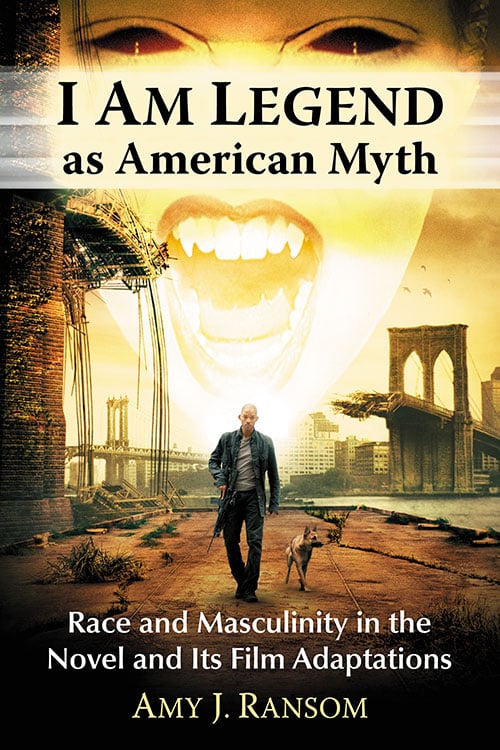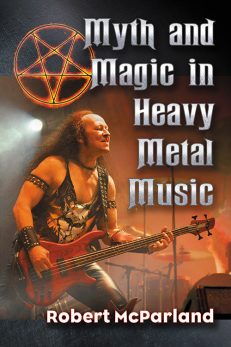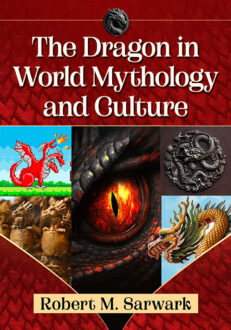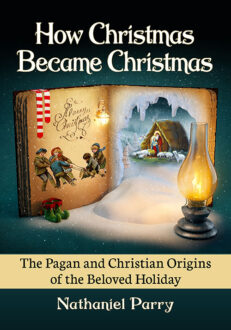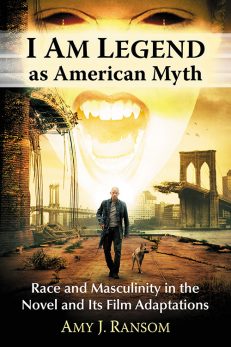I Am Legend as American Myth
Race and Masculinity in the Novel and Its Film Adaptations
$39.95
In stock
About the Book
Richard Matheson’s 1954 novel I Am Legend has spawned a series of iconic horror and science fiction films, including The Last Man on Earth (1964), The Omega Man (1971) and I Am Legend (2007). The compelling narrative of the last man on earth, struggling to survive a pandemic that has transformed the rest of humanity into monsters, has become an American myth. While the core story remains intact, filmmakers have transformed the details over time, reflecting changing attitudes about race and masculinity. This reexamination of Matheson’s novel situates the tale of one man’s conflicted attitude about killing racialized “others” within its original post–World War II context, engaging the question of post-traumatic stress disorder. The author analyzes the several film adaptations, with a focus on the casting and interpretations of protagonist Robert Neville.
About the Author(s)
Bibliographic Details
Amy J. Ransom
Format: softcover (6 x 9)
Pages: 231
Bibliographic Info: 6 photos, notes, bibliography, index
Copyright Date: 2018
pISBN: 978-1-4766-6833-8
eISBN: 978-1-4766-3267-4
Imprint: McFarland
Table of Contents
Introduction: Adapting Richard Matheson’s I Am Legend Novel to the Screen 1
One. Richard Matheson’s I Am Legend: The Trauma of World War II and the Decline of Western “Right” 15
Two. Visualizing Apocalypse Through Compromised Masculinity: Vincent Price as The Last Man on Earth 58
Three. The Last White Man on Earth: Charlton Heston in The Omega Man 96
Four. The Color of the New Hero: Will Smith in I Am Legend 146
Conclusion: I Am Legend as American Myth 185
Chapter Notes 191
Filmography and Bibliography 198
Index 214
Book Reviews & Awards
“Clever, well-argued…an ideal book for undergraduates to learn how to usefully compare and close-read texts and their adaptations”—SFRA Review

